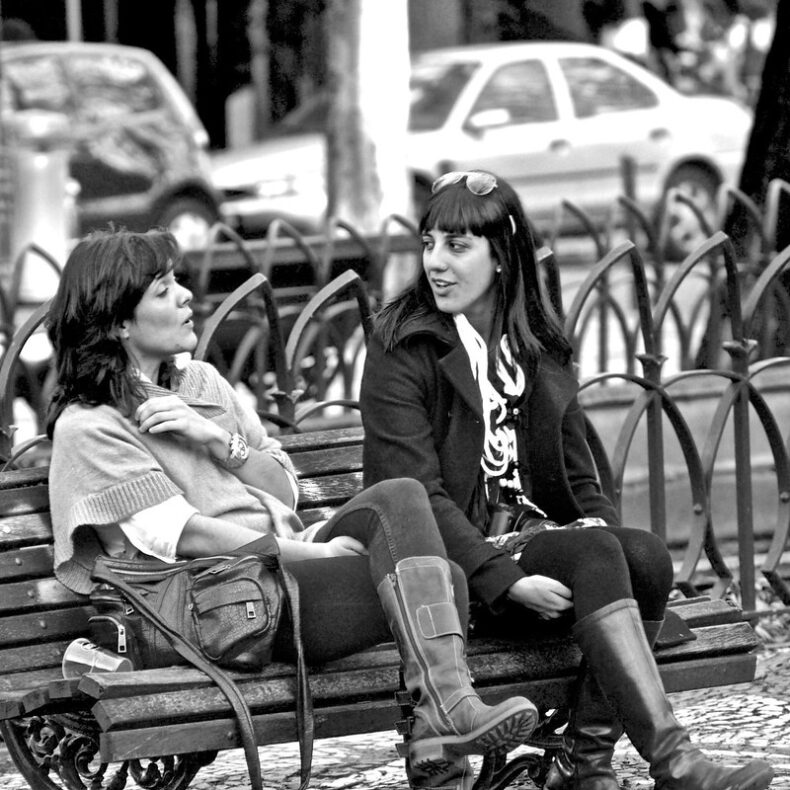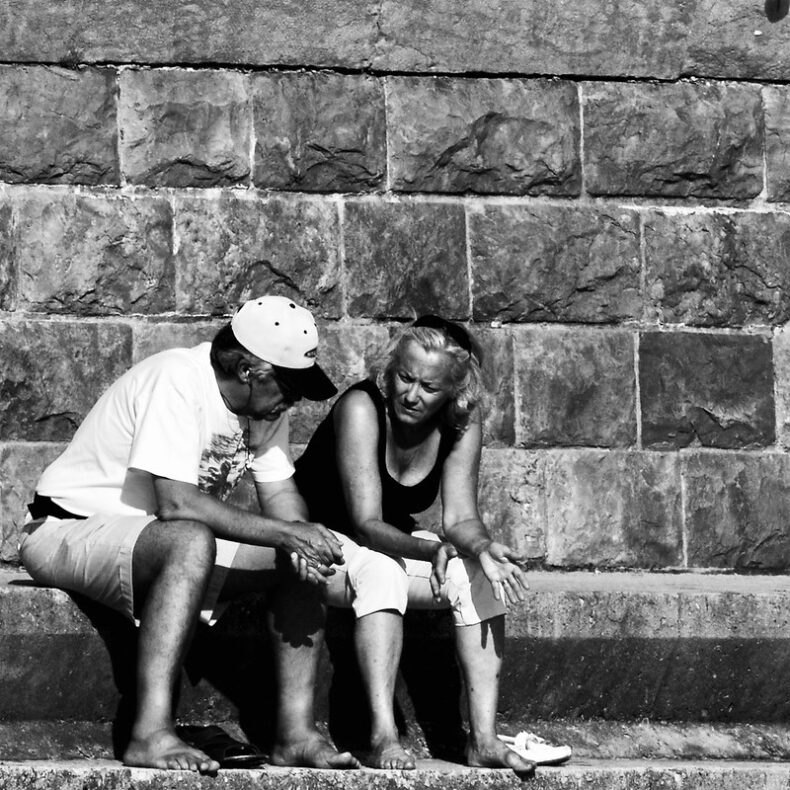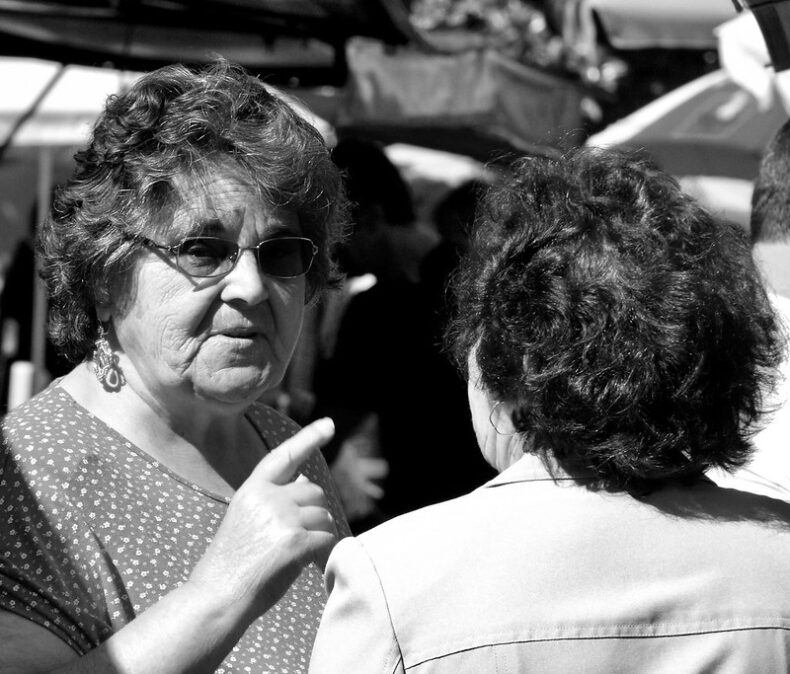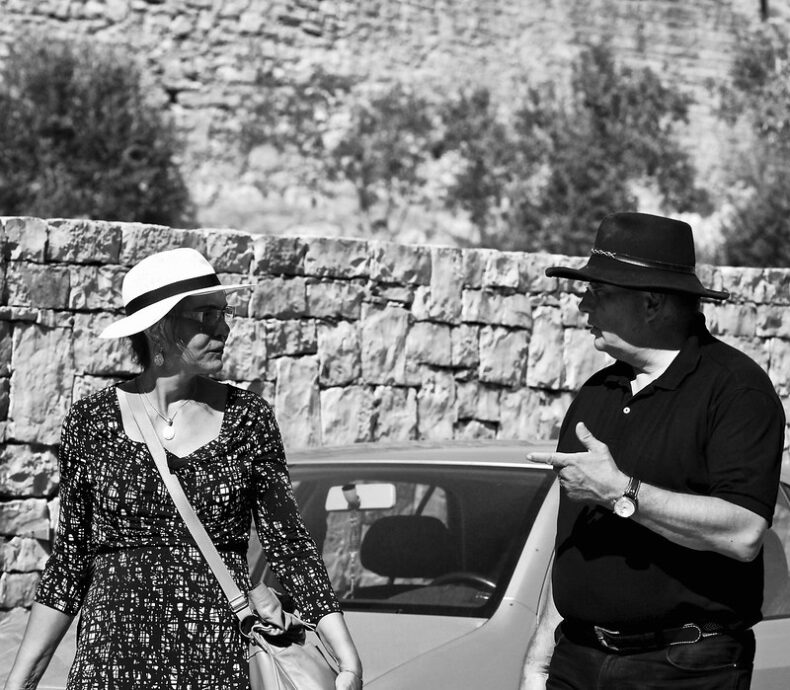
Bear with me on this, please and thank you, I’m trying to think something through.
Amy Maxmen, colleague and notable public health writer, was telling me about a medical researcher who runs big studies on vaccines and who says that vaccines work, they don’t hurt you, they’re good, and Amy quoted him saying he can recite all the studies that say so. But he doesn’t recite studies when he’s talking to his patients, he told her; he just says to them, “I and everybody I know in public health vaccinates their children.” That’s the most convincing thing he can say, he said.
Well yes. I’d be convinced too. I’m a science writer and part of my job (as it is Amy’s) is to assess the reliability of studies and sources — no reliability, not science, I don’t write about them. But the researcher who says he vaccinates his own children? If I hadn’t been convinced before, I am now.

How odd. Why should I be convinced by this researcher, no matter how eminent and reliable; he’s just one person, it’s just someone’s personal testimony, an anecdote? Even though he’s looping in his colleagues, the evidence is still anecdotal. I can list you all the reasons doctors and lawyers and general scientists including this medical researcher plus the average thinking person distrust the anecdotal, and they’re all right. What’s true for you might not be true for me; statisically, it’s nonsense; you might be gullible or a congenital liar or remember wrongly or just mistaken; and so on, far into the night. So why am I and the researcher’s patients saying that if we trust this one person and he tells us he’s seen/heard/done this, then we’re convinced. Right back to the question: why?

And now I’m in my happy place, the high weeds of epistemology, how we know what we know, how we decide what we believe to be true. We have lots of different ways of knowing what we know — logic, science, religion, statistics — and I’d like your leave not to talk about them. I’d also like your leave not to talk about economists’ and cognitive psychologists’ epistemological studies (basically they’re just, we trust the wisdom of crowds or we like doing what other people do) (don’t trust me on this, I’m lazy and overly breezy). In short, a lot of smart people have thought about epistemology and I’d like your leave to ignore them all right now.
Instead I would like to understand what happened in the minds of the medical researcher’s patients and my mind too, that when he said he and all the researchers he knew vaccinated their own children, we were convinced. Well obviously, we recognize that a bunch of medical researchers all in agreement is likely to be right. But under that, I think, is a more primitive recognition: that we fundamentally believe what we see.
We trust most the knowledge that comes from the evidence of our senses. Or the evidence of the senses of someone we trust. I saw this, I heard it, I touched it, and I believe it. I’d like your leave to ignore the generations of philosophers who have thoroughly and properly debunked knowledge from the evidence of the senses and granted, the senses alone are not enough. But if you’re the eminent anatomist William Harvey, 1649, “there is no science which does not spring from preexisting knowledge, and no certain and definite idea which has not derived its origin from the senses.”

Because really, what else have we got? Aren’t the senses the beginning and foundation of everything? all logic and science, medical studies and statistics, economics and psychology? Didn’t we start out as babies learning only by our senses? The senses are the routes by which the world gets into our brains. Even living in this hyper-information-technological bath, great comforts come with a blue sky or Dvorzak’s dances or bread’s smell or a friend’s hug. What comes to us through our senses seems more real, seems to have more meaning. The senses are the bottom-est of all bottom lines. I can’t say it better than this.
And so by extension, when people we trust tell us the evidences of their senses, don’t we by extension feel that their senses are somehow our senses? So when the doctor I trust says he vaccinates his kids, I bypass the scientific information and go straight to, he’s seen vaccines work, and I see him and what he’s seen. I’m kicked back to the basics, I’m convinced.
_________
Lovely photos all by Pedro Ribeiro Simões via Flickr
I have not had a sense of smell for over 15 years. With that, I do not have a sense of taste. I miss the smell of my youngest daughter’s head and my wife’s perfume. I eat for texture. I am also color impaired..when looking for sea glass I only see the clear pieces. I rely upon memory for smells and tastes, and I am fond of gray. I’ve come to rely on what I hear and what I can feel. I love music, rhythm in particular, and the sound between notes. I know that our sense organs look for changes in stimulation. I like attending to what I sense just before a change in stimulation, that magical moment of something just starting to change. I have a great deal of faith in that evidence.